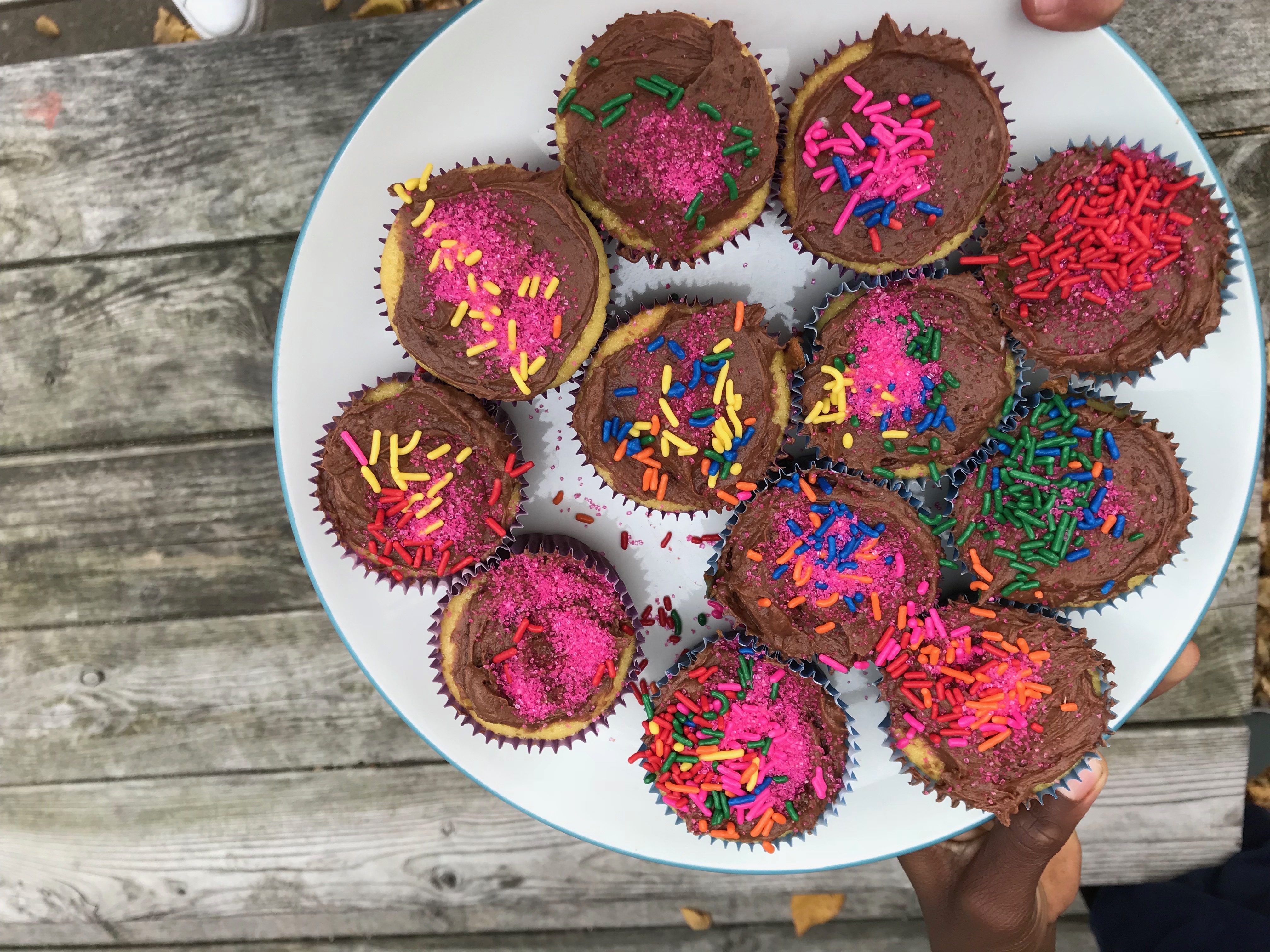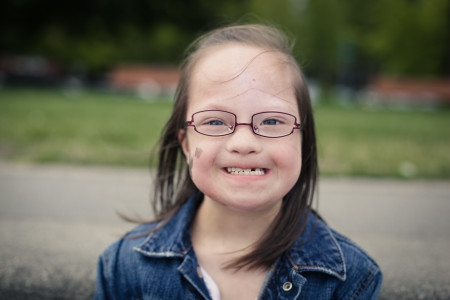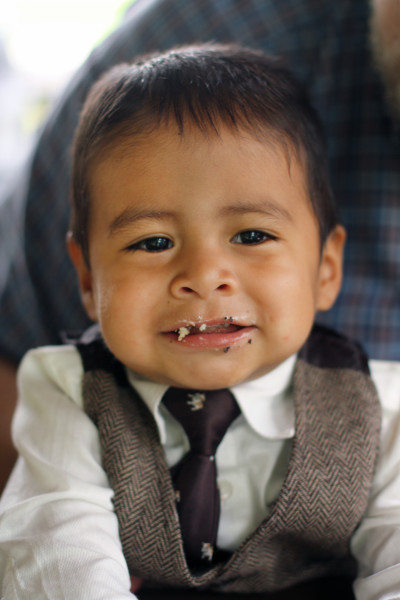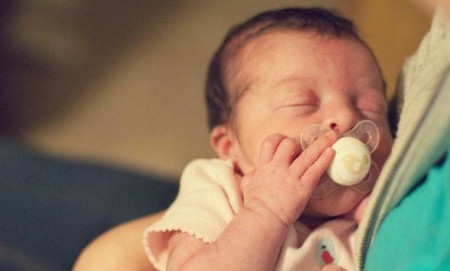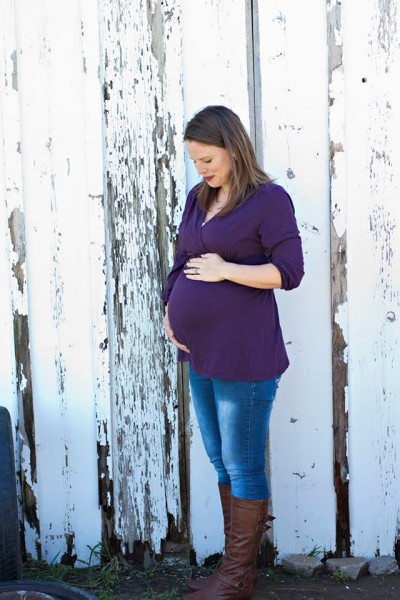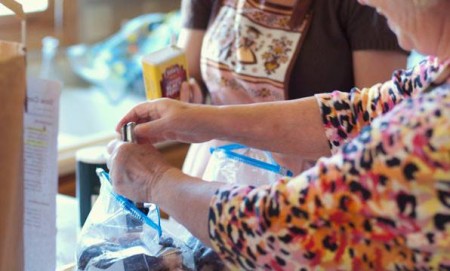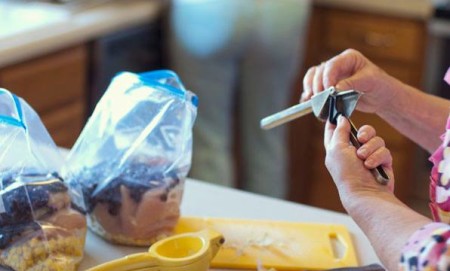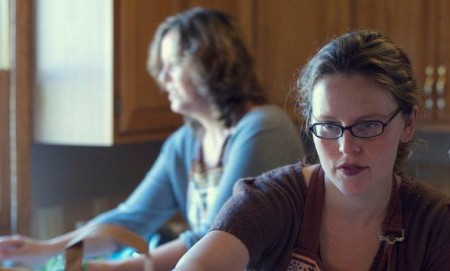At schools across the country this is Red Ribbon Week. It’s a week where schools dedicate time to teaching kids about saying no to drugs. I know some parents don’t love the school system talking to their kids about drugs or sex. I get that. I remember my mom opting us out of sex education and saying, “They aren’t going to teach you anything I haven’t already taught you, but it’s not their job.” While I’m not opting my kids out of those things, I do fully agree with my mom’s sentiment. It’s ultimately my job to teach my kids about these sensitive topics and I want to do it BEFORE the school system gets around to it or they hear about these things on the news or from a friend.
It’s pretty easy in a “good” family to have very black and white conversations about drugs, alcohol and smoking. I hope you’re having those conversations with your kids and opening the door for them to ask questions. But for some of our families there is a more nuanced element to this conversation. For those of us raising the children of addicts or who have addicts in our own family, it’s a little harder to just say, “Good people don’t do that sort of thing.” People we love and who matter tremendously to our family have made unwise choices in this area, so how do we supplement the black and white education our kids may be getting at school to reflect our reality?
(*I am not a therapist or a DARE educator or anything else that gives me official credentials to talk about this stuff. I’m just a mom/foster mom/group home mom who has had a lot of these conversations with kids over the years and has seen what works and what doesn’t. Obviously, you’re free to disagree with these tips and substitute what works for your family.*)
Be age appropriate. Brian and I believe it’s important to start this conversation young. I received some good advice from an agency we worked with about how to talk to preschoolers and it has become my standard speech as we’ve run across this issue with each of our kids. When they ask why a person might not be able to parent and we know the answer is related to substance abuse we say, “He/She choose to put things in their body that made it unsafe for them to be a parent.” For preschoolers, that might be the end of the conversation. We don’t use the word “drugs” until they are older, but we’ve set the foundation that this was a choice made by an adult and that the choice made them unsafe. I have had one of my kids ask “why” as a follow-up and we talked about how that person had had a difficult life and what they put in their body made them feel better. Even though it was an unwise choice, it made sense to them because they really wanted to feel better. Just like with conversations about sex, we work to open the door to their questions and then answer the questions they’re asking. If you introduce it early, you can add details and more explanations as they’re ready.



